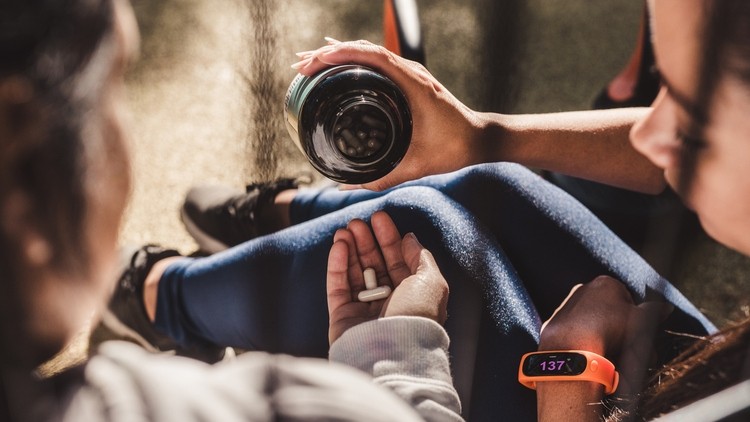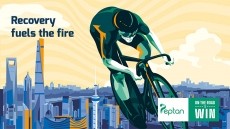Pressure to perform: Athletes need better education on supplement consumption – Study

According to a cross-sectional study titled “Dietary Supplements Use among Athletes in Lebanon: Knowledge, Attitudes, Practices, and Correlates” published in the journal Foods, usage of dietary and sports supplement were prevalent among athletes. However, they showed knowledge deficits and unsatisfactory attitudes towards various factors on supplementation.
At least 34% of the Lebanese subjects reported using supplements without a recommendation from specialists, and 69% admitted to not reading the supplement’s nutrition facts.
“Dietary knowledge affects attitudes and practices among athletes who often rely on their coaches for nutrition or dietary supplement guidance. Searching for proper nutrition through the internet and using dietary supplements are growing. However, reliable and authentic information should be evaluated. This can potentially cause harm if the coaches and athletes are misinformed. Similar to several places, the production, promotion, and marketing of dietary supplements in Lebanon is unregulated, putting the athletes at risk in relation to unintended doping through the use of contaminated dietary supplements,” said the researchers.
For this cross-sectional study from February to August 2021, the researchers enrolled 455 eligible professional male and female athletes, comprising 55.6% adults aged above 24 and a balance of youths aged 15 to 24. Subjects were asked to answer a questionnaire evaluating various factors like socio-demography, attitudes, sporting details and BMI.
Knowledge and attitudes to dietary supplementation
Regarding educational status, 39.1% of the subjects received high school education or below, whereas the biggest cluster of athletes at 41.3% were Bachelor’s degree holders or undergraduates. A total of 19.6% either possessed a Master’s or PhD. The higher the education status, the more likely a subject would use a supplement. These supplements include sports supplements, vitamin and mineral supplements and energy drinks.
The subjects derived information on such supplements mostly from coaches, followed by online sources like social media and websites. However, healthcare professionals were the least consulted among the available sources compared to their peers in Uganda and the US in previous studies. The latter preferred consulting physicians, nutritionists and health professionals.
This phenomenon could stem from the fact that coaches in the middle- and high-income countries are required to pursue supplemental coaching education. But coaching certifications in most developing countries are not a strict requirement.
About half, or 53.8%, of the athletes surveyed also believed such supplements could improve their physique. In addition, 42.4% agreed sports supplements could ameliorate performance. At the same time, 55% did not perceive the health-related risks associated with the consumption of energy drinks. The most alarming result was that 55.7% of the athletes used the supplements to imitate teammates.
Age and the competition level of the athletes were also found to have affected their consumption judgment. Elite and international-level athletes avoid seeking information from coaches due to doping tests and fear of susceptibility to doping substances. The use of legal performance-enhancing dietary supplements could also increase the possibility of using illegal doping substances in later stages.
Based on the survey results, it could be inferred that considerable proportions of the subjects had apparent gaps in their knowledge of supplements, especially on safety regulations, interactions and side effects. Exacerbating this trend are the lax regulations on supplements, with abundant products containing prohibited ingredients.
In the current study, only 31% of the athletes reported reading the nutritional facts label. Subjects also consumed a combination of supplements and ignored dosing recommendations. Overall, athlete educational interventions are crucial in promoting greater awareness of dietary supplements and doping agents.
“Dietary supplementation among Lebanese athletes is widespread. The reported prevalence of dietary supplement use in the current study is higher than what has been reported in other studies. Considerable proportions also expressed a deficit in knowledge and critical misconceptions related to dietary supplementation.
“Supplement use requires an individual assessment, followed by a recommendation from qualified sports nutrition professionals or other healthcare practitioners. The study’s findings urge the need for regulations and laws for concerned authorities and education programs targeting athletes to help overcome the existing challenges,” concluded the researchers.
Source: Foods
“Dietary Supplements Use among Athletes in Lebanon: Knowledge, Attitudes, Practices, and Correlates”
DOI: 10.3390/foods11101521
Authors: Zahra Sadek et al.













